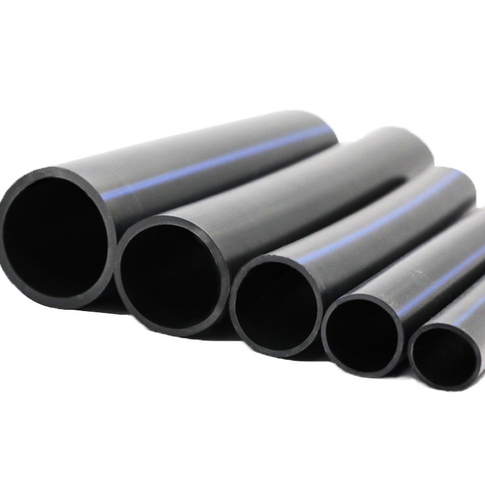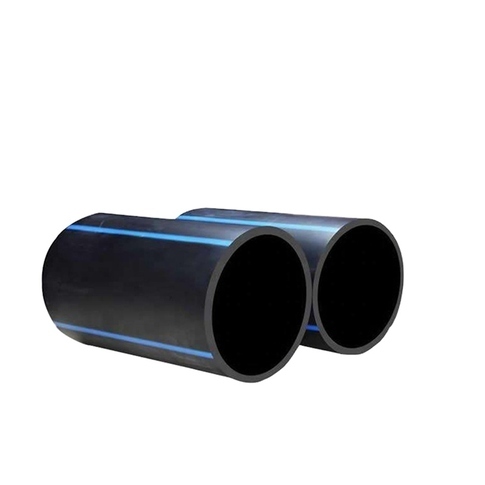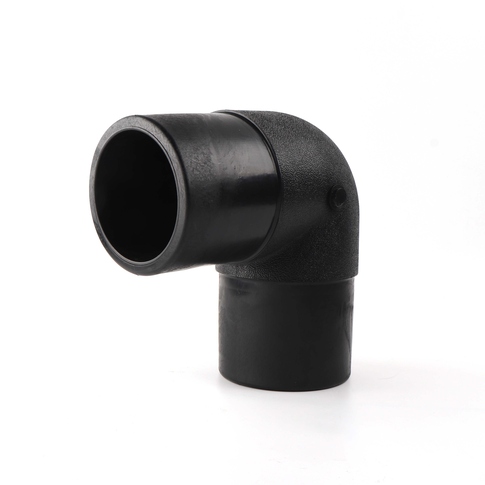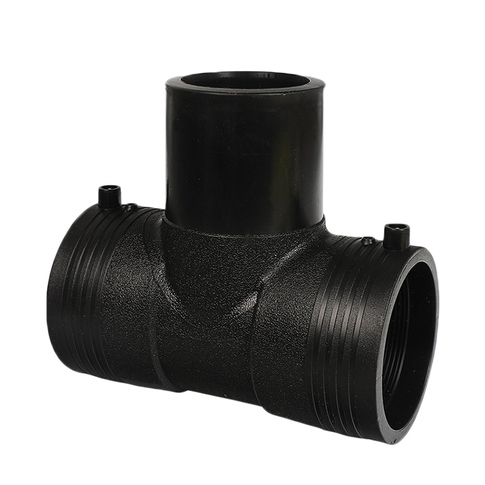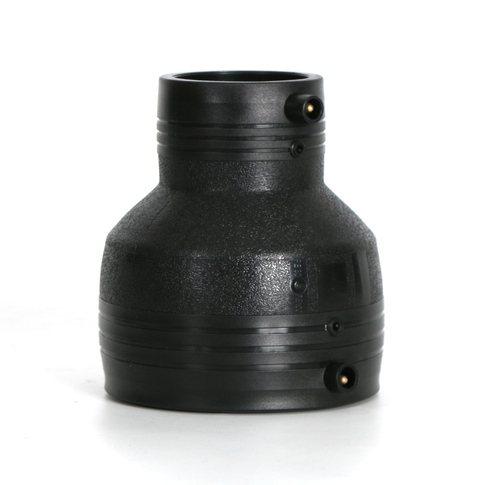03
Jul
What is the Full Meaning of HDPE Pipe?
When it comes to plumbing and construction, HDPE pipes have become an integral part of various industries.HDPE , short for High-Density Polyethylene , is a versatile and durable material that offers excellent performance in a wide range of applications. In this article, we will explore the full meaning of HDPE pipe, its applications, and the advantages it offers. Read on.
What is HDPE Pipe?
HDPE pipe, or High-Density Polyethylene pipe, is a type of thermoplastic pipe made from high-density polyethylene material. This material exhibits exceptional strength and flexibility, along with resistance to corrosion, chemicals, and UV rays. HDPE pipes find extensive use in industries such as water supply, gas distribution, sewage systems, electrical cover, drainage, fire fighting, dredge, and irrigation.
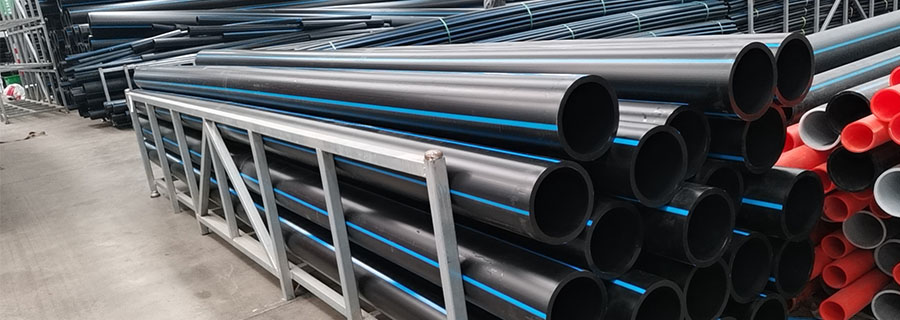
Applications of HDPE Pipe
1. Water Supply Systems: HDPE pipes are widely used in water supply systems due to their remarkable resistance to corrosion and chemicals. They offer a reliable solution for transporting potable water, ensuring clean and safe water reaches households and commercial establishments.
2. Gas Distribution: Due to their high-pressure resistance, HDPE pipes are commonly employed in gas distribution systems. They can withstand the rigors of high-pressure environments, providing a secure and efficient means of distributing natural gas to residential and industrial areas.
3. Sewage Systems: HDPE pipes are ideal for sewage systems due to their chemical resistance and smooth interior surface. This smooth surface reduces the chances of debris accumulation and blockages, ensuring a consistent flow of sewage and minimizing maintenance requirements.
4. Drainage Systems: HDPE pipes are extensively used in drainage systems thanks to their ability to withstand harsh chemicals and extreme weather conditions. Their durability and flexibility make them suitable for various drainage applications, including agricultural, residential, and industrial settings.
5. Mining and Industrial Applications: HDPE pipe finds utility in mining operations, conveying abrasive slurries, chemicals, and wastewater. It is also utilized in industrial applications such as chemical processing plants, power generation facilities, and desalination plants.
6. Irrigation Systems: HDPE pipes are a popular choice for irrigation systems due to their durability and resistance to weather elements. They offer a reliable means of transporting water to agricultural fields, gardens, and sports fields, ensuring optimal plant growth and maintenance.
Advantages of HDPE Pipe
- Durability: HDPE pipes have an impressive lifespan of up to 50 years or more, depending on the application and environmental conditions. Their longevity makes them a cost-effective choice, as they require minimal maintenance and replacement.
- Corrosion and Chemical Resistance: Unlike metal pipes, HDPE pipes do not rust or corrode when exposed to water or chemicals. This makes them highly suitable for applications where corrosion resistance is crucial, providing long-term reliability.
- Flexibility: HDPE pipes offer excellent flexibility, allowing them to be easily bent and curved to fit tight spaces or maneuver around obstacles. This flexibility reduces the need for additional fittings and joints, minimizing the chances of leaks and enhancing overall system efficiency.
- Smooth Interior Surface: The smooth interior surface of HDPE pipes reduces friction, enabling a more efficient flow of fluids. It also prevents debris accumulation, reducing the likelihood of blockages and ensuring consistent performance.
- Lightweight: HDPE pipes are lightweight, making them easy to transport and install. Unlike heavier metal pipes, HDPE pipes can be carried and maneuvered without requiring specialized equipment, saving time and effort during installation.
- Long Lifespan: Service life of up to 50 years, reducing the need for frequent replacements and maintenance.
In conclusion, HDPE pipe stands for High-Density Polyethylene pipe and is a versatile and durable piping solution used in various industries. It offers numerous advantages such as high strength, corrosion resistance, flexibility, and ease of installation. The scope of HDPE pipe extends to applications like water supply, drainage systems, gas distribution, and more. With its exceptional properties, HDPE pipe has become a preferred choice for many construction and infrastructure projects. If you are looking for a reliable and efficient piping solution, consider using HDPE pipe for your next project. Take advantage of its benefits and make a wise investment today!
Want to know more about HDPE pipe, please contact us now!

